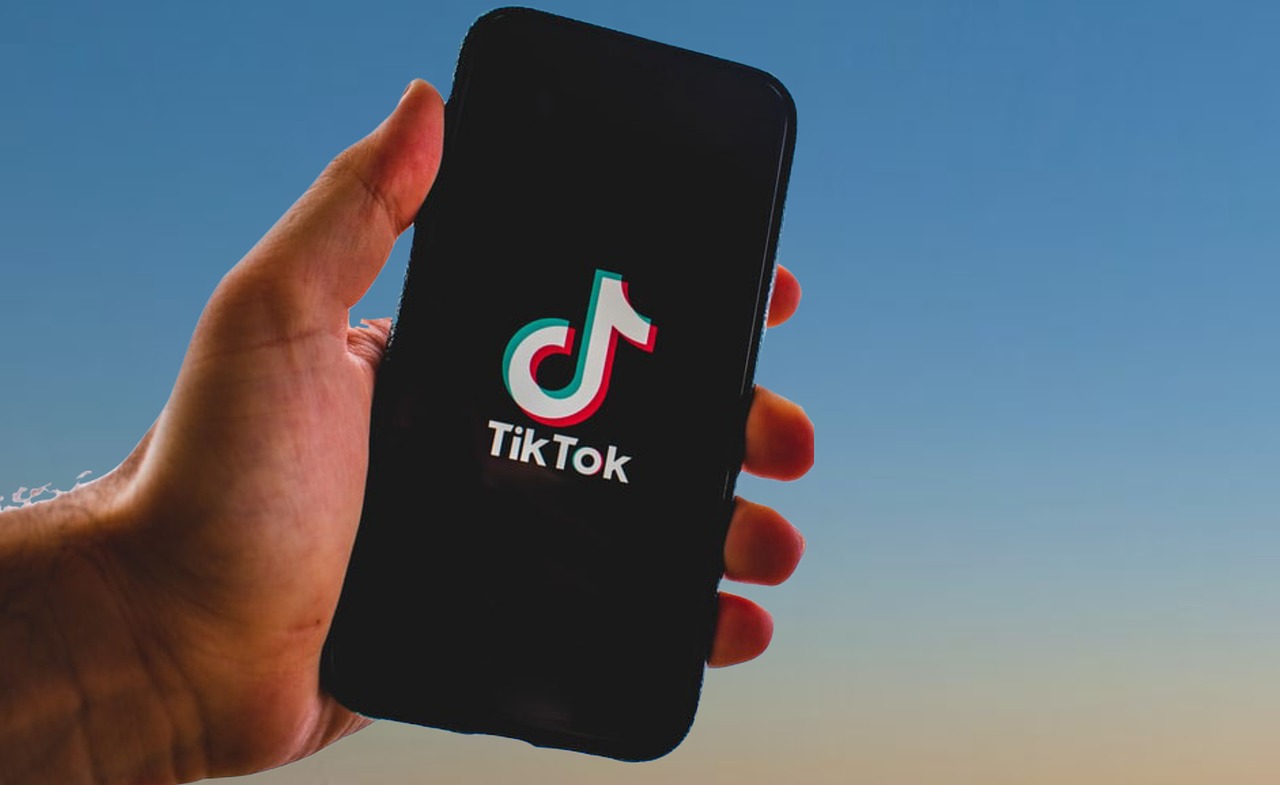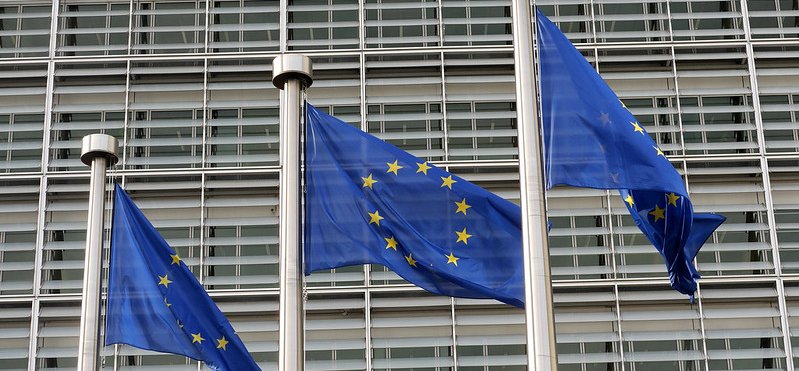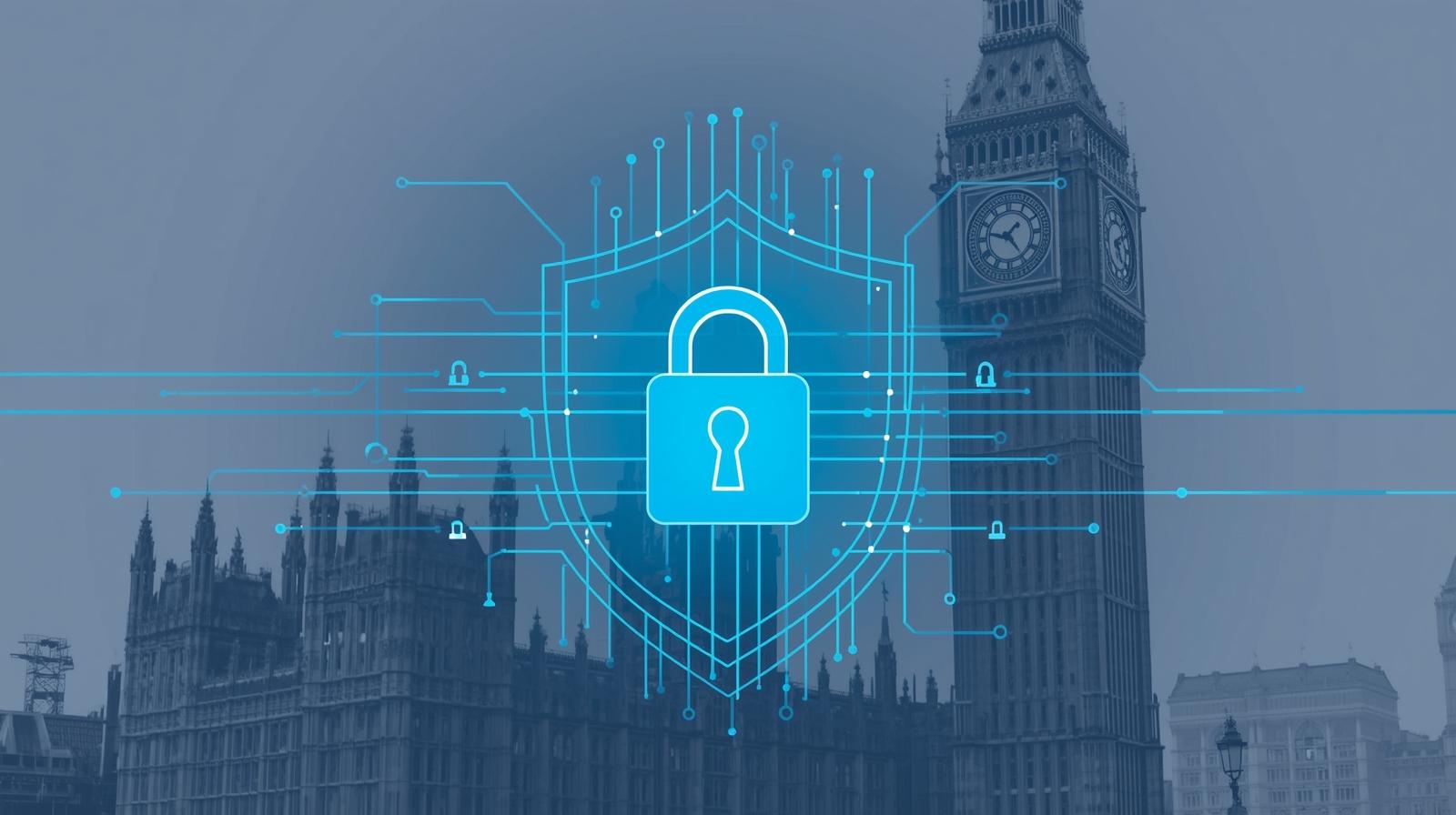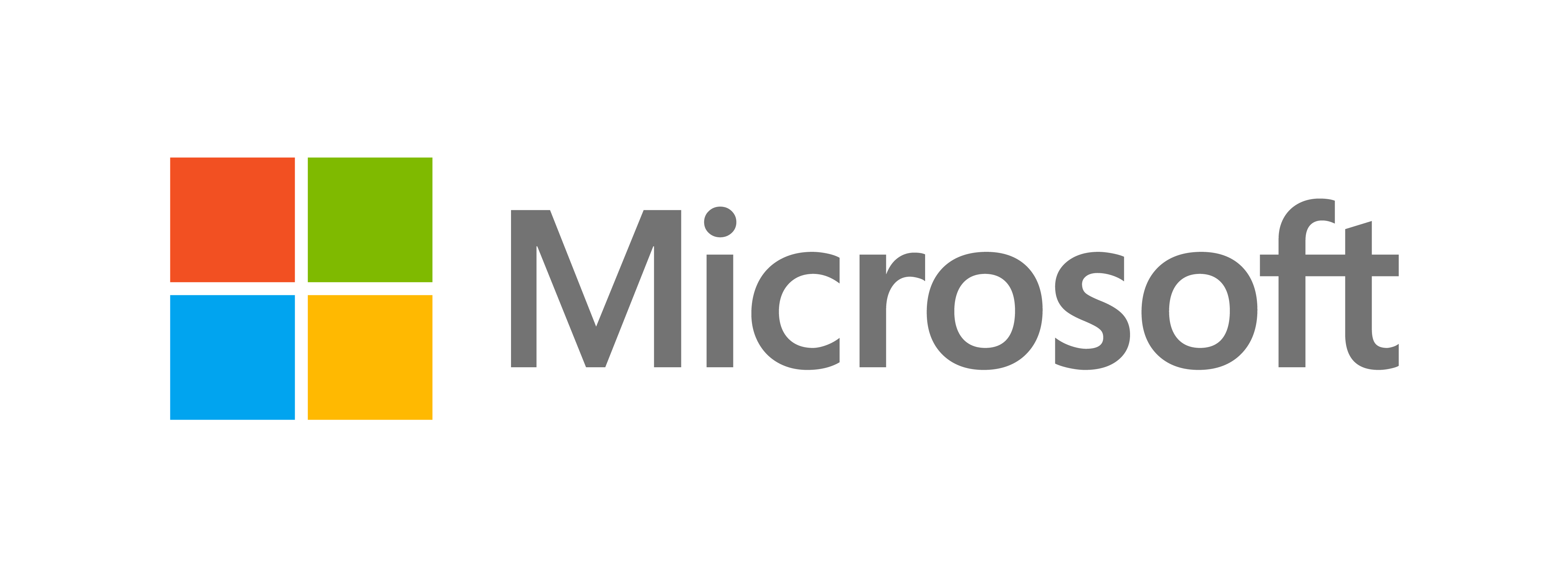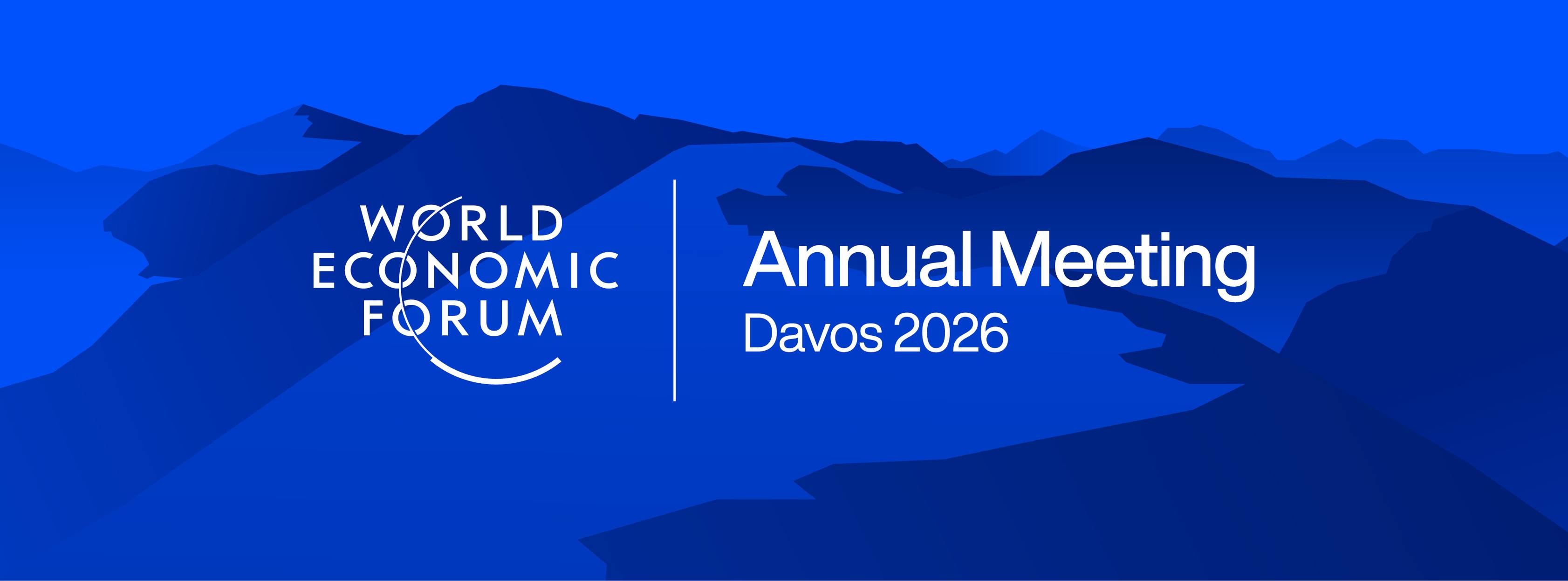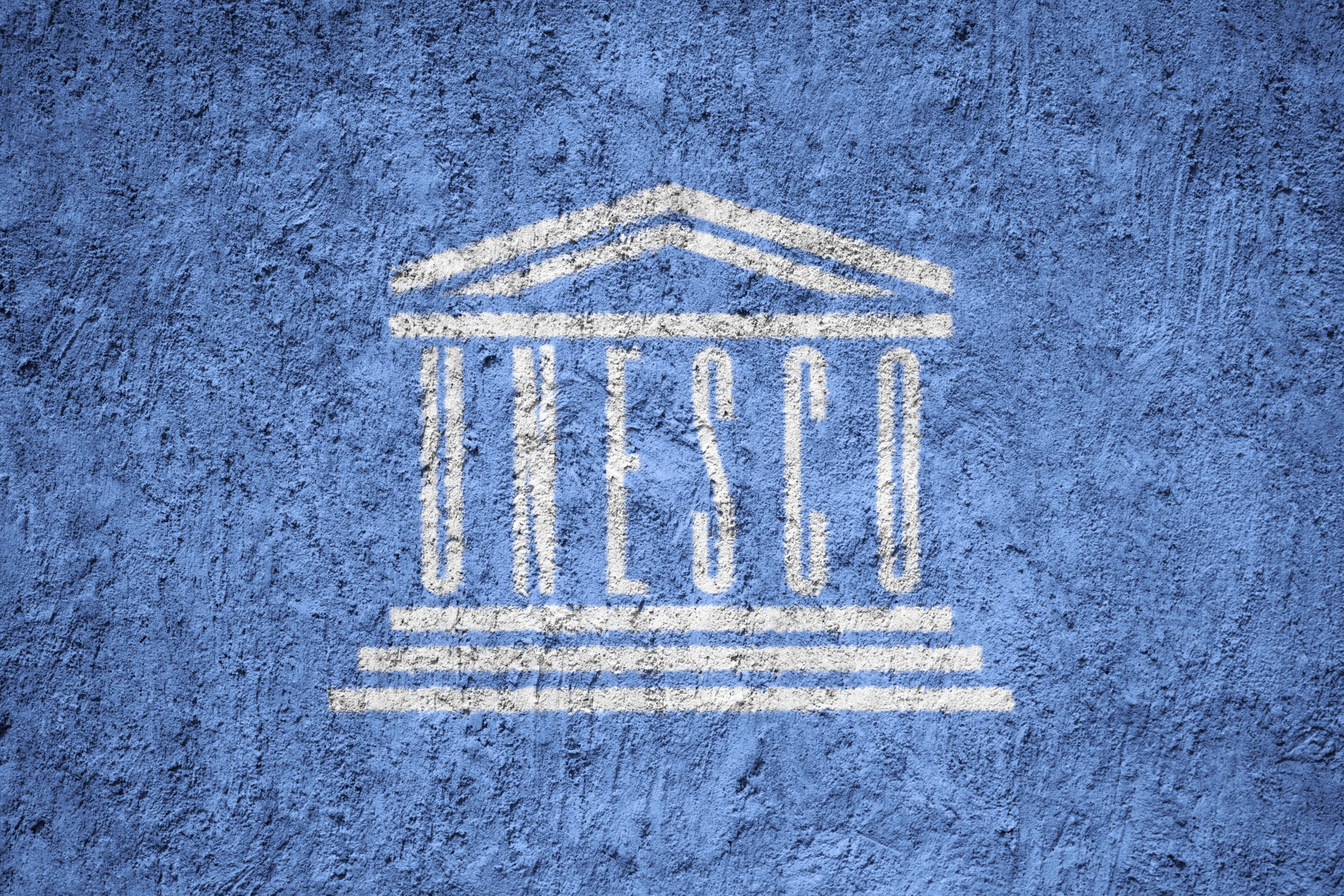TikTok has finalised a deal allowing the app to continue operating in America by separating its US business from its global operations. The agreement follows years of political pressure in the US over national security concerns.
Under the arrangement, a new entity will manage TikTok’s US operations, with user data and algorithms handled inside the US. The recommendation algorithm has been licensed and will now be trained only on US user data to meet American regulatory requirements.
Ownership of TikTok’s US business is shared among American and international investors, while China-based ByteDance retains a minority stake. Oracle will oversee data security and cloud infrastructure for users in the US.
Analysts say the changes could alter how the app functions for the roughly 200 million users in the US. Questions remain over whether a US-trained algorithm will perform as effectively as the global version.
Would you like to learn more about AI, tech and digital diplomacy? If so, ask our Diplo chatbot!

